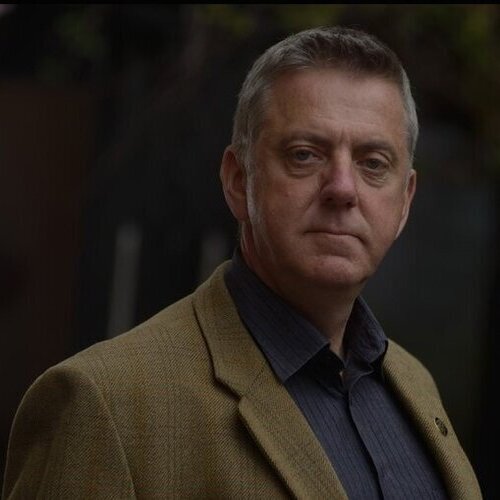Tell us a little bit about your background...
I trained to be an architect at the Mackintosh School in Glasgow and set up a practice as soon as I qualified. I worked internationally, but principally in Scotland. I also had a keen interest in law, already acting as an expert witness on occasion, and I was involved in teaching. I saw the LLM course advertised at a time when I felt I needed to know more about the legal context for the administration of construction projects and I thought it would help with my expert witness work.
Tell us about your experience of studying the LLM in Construction Law.
I found the course content very useful and the teaching to be engaging. The opportunity to work through examples with classmates and study group members, who were mature exponents of the building professions, was very enjoyable. We were all motivated to work hard, because it was fun, it was interesting to become immersed in the history of the subject and it was all completely relevant.
Tell us about the format of the programme. What were you doing week-to-week?
I undertook the course part time, through evening classes, while I was running my practice. It was challenging to balance the study and work, but it was made easier because it was so relevant to what I was doing in architecture day-to-day that I was able to apply the knowledge in practice as soon as I had learned it.
What were the most enjoyable parts of your degree?
I recall debating the outcomes of reported legal cases, not just in abstract but with people in the class who had been involved in them. I enjoyed our analyses of current and decided cases and how they may have been approached differently. The basis and operation of Law of Obligations really resonated with me. My particular interest areas were and still are, professional liability and the obligations and established operating procedures of an independent expert witness.
Tell us about your new role and what your job is like?
I am one of the leading expert witnesses in my field in Scotland and I also act in England, Ireland and Northern Ireland. I am engaged in many of the biggest construction disputes in Scotland, and in even larger disputes in London. My clients are solicitors, architects, building owners, major contractors and insurance companies. I deal with tradespersons, surveyors, business owners, solicitors, advocates, KCs and judges. I undertake forensic analysis, write reports, work with teams of other experts, and meet opposing experts to debate to seek resolution and assist the court. I deliver opinion evidence in court and in adjudications, arbitrations and mediations. I am also a qualified adjudicator and mediator.
How do you feel your degree helped prepare you for this role?
I learned the about principles and the language of law, about the processes that are undertaken throughout all forms of dispute and resolution and about where to find the appropriate reference material to support that actions and investigations that I was to undertake. This allowed me to engage proactively in the resolution process and to fully understand the limitations and opportunities within my role, whether acting as expert witness, expert determiner or adjudicator. It also expanded my educational profile, the result of which is that I became Vice Chair of the Architect’s Registration Board and a member of their investigations panel, chair of the Association for Professional Studies in Architecture, I still teach in many of the UK’s most prestigious universities, and I wrote the Criteria upon which the teaching of management practice and law to architects is based throughout the UK. All of this helped to build my eminence which is an important attribute, and gain me fellowships of the RIBA and the RIAS.
What advice would you give to someone who is considering working in a similar role to yours?
There is a great benefit in having experience and training in your original profession, combined with a study of law. It widens your opportunities for furtherment and remuneration, and it makes you better at delivering your professional service, even if you don’t decide to diversify as I did. My advice is: apply the knowledge and common sense, be flexible, don’t necessarily believe assumed facts, do enough research to ensure that you are right, and finally enjoy the journey, the eminence and the people you meet along the way.
